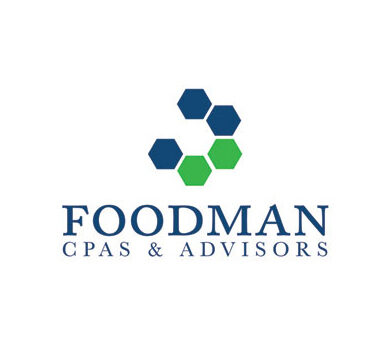Ready to File your Return and You OWE MONEY! published by Foodman CPAs & Advisors
Taxpayers could unexpectedly owe taxes at the end of the year. If Taxpayers are self-employed, or have other income wherein taxes have not been withheld, they should make quarterly estimated tax payments.
Another reason for a Taxpayer owing taxes at the end of the year is if the Taxpayer did not have enough tax withheld by an Employer. Employers withhold taxes based on information that an Employee provides on form W-4. So, Taxpayers might need to increase the amount of tax that the Employer withholds.
If a Taxpayer does not have the funds to pay a tax bill, not filing a Tax Return is not an option. Regardless of whether or not a Taxpayer is able to pay, he is required by the Internal Revenue Code to file a Tax Return. There is a failure to file penalty of 5% of the unpaid tax for each month that the Tax Return is late with a cap of 25% of the unpaid taxes. Keep in mind that penalties and interest will continue to accrue on the unpaid tax
amount until the tax bill is paid in full.
If a Taxpayer is unable to pay the full tax amount when the tax return is filed, a monthly Installment Agreement may be an option. Even when considering ongoing penalties and interest, spreading payment over time can be the best solution for many Taxpayers; particularly, if the Taxpayer does not have sufficient assets to pay off the debt, but has the monthly positive cash flow to service the Installment Agreement. In order to have a margin of error cushion, the Installment Agreement should be set up at the lowest monthly amount possible to account for any unforeseen emergencies.
Don’t be a victim of your own making. If you owe Taxes, and you can’t pay, consult your Tax Specialist now for assistance in the set-up of an Installment Agreement with IRS.





